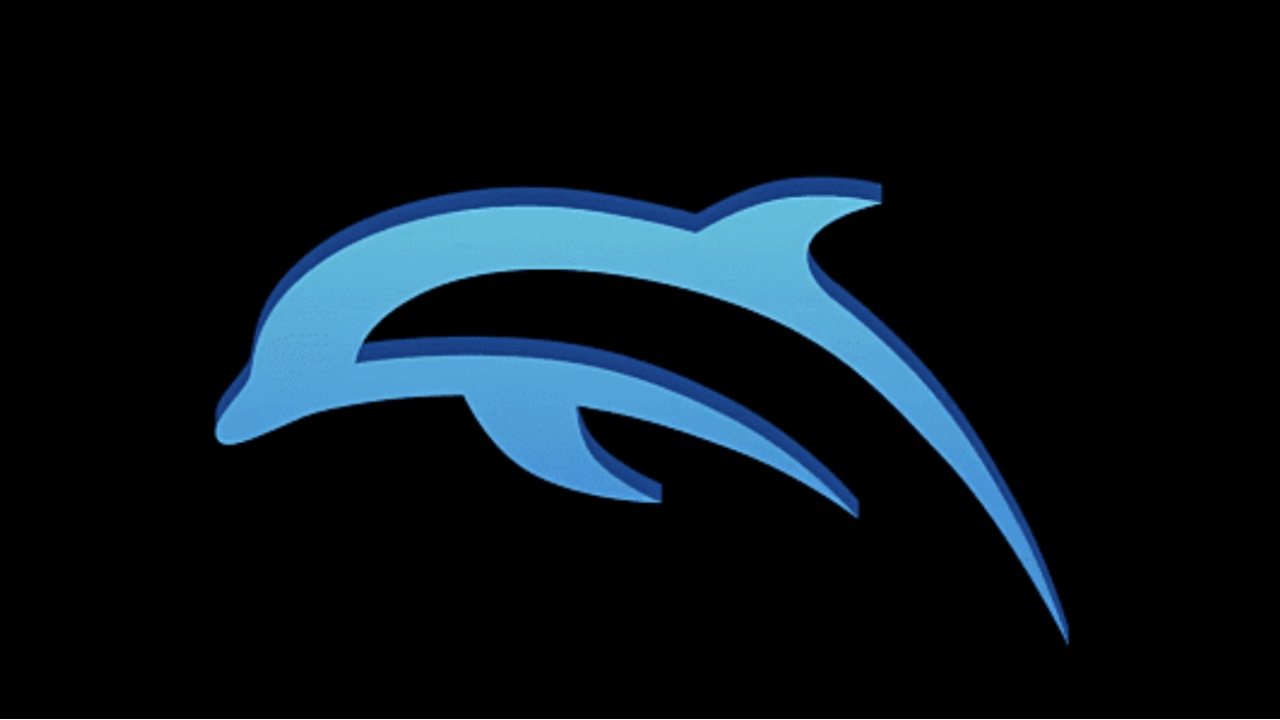Trending
Opinion: How will Project 2025 impact game developers?
The Heritage Foundation's manifesto for the possible next administration could do great harm to many, including large portions of the game development community.
Nintendo's newest DMCA prevents the popular emulator from growing even further.

Dolphin, the extremely popular video game emulator, was set to have a PC version on Steam, but it's since been delisted from the platform. On May 27, Dolphin's developers said its port was "indefinitely postponed" as the result of discussions between Valve and Nintendo.
"We were notified by Valve that Nintendo has issued a cease and desist citing the DMCA against Dolphin's Steam page," they wrote, "and have removed Dolphin from Steam until the matter is settled."
Dolphin has been available for years as an open-source project, and was listed on Steam back in March. With an official store page (and presumably, priced at little to nothing), its profile would've been greatly boosted as a result. Emulator interest has reportedly grown thanks to Valve's Steam Deck handheld.
Nintendo's letter to Valve claims Dolphin uses "cryptographic keys without Nintendo’s authorization and decrypting the ROMs at or immediately before runtime." Doing so for individual games possibly violates Nintendo's intellectual property rights, which is what the publisher is using as its basis to stop Dolphin.
An intellectual property lawyer speaking to PCGamer explained that Nintendo's DMCA means it "considers Dolphin to violate the DMCA and should it be released on Steam, Nintendo will likely take further action." Meaning that Valve could likely end up on the hook for any legal troubles, similar to what recently happened with Sony in Austria.
Dolphin's developers said they're currently "investigating our options, and will have a more in-depth response in the near future. We appreciate your patience in the meantime."
Various companies have made efforts to stop emulation where it can, but few work as hard at it as Nintendo.
Back in April, Microsoft abruptly ended free third-party emulation on its Xbox Series X|S consoles. On those systems, it was possible to play games that were previously on older hardware such as the PlayStation 2 or Nintendo GameCube. An emulator for the GameCube and Nintendo Wii were thought to be the cause for the shutdown.
Whether or not that's true, Nintendo has a history of taking action against those it considers pirates. Nintendo Switch consoles with pirated games have been previously banned, and the developer has legally punished specific pirates (such as Gary Bowser) by making them pay back large amounts of money in recompense.
Several Nintendo actions in 2023 have seen the company behind The Legend of Zelda: Tears of the Kingdom take legal aim at emulators and hackers. Earlier in the month, it issued DMCA takedowns of emulator sites after a playable version of Tears was leaked ahead of its May 12 release.
Even with the leaks, Tears of the Kingdom went on to sell 10 million copies in its opening weekend, and is on track to be one of the biggest games of the year.
You May Also Like